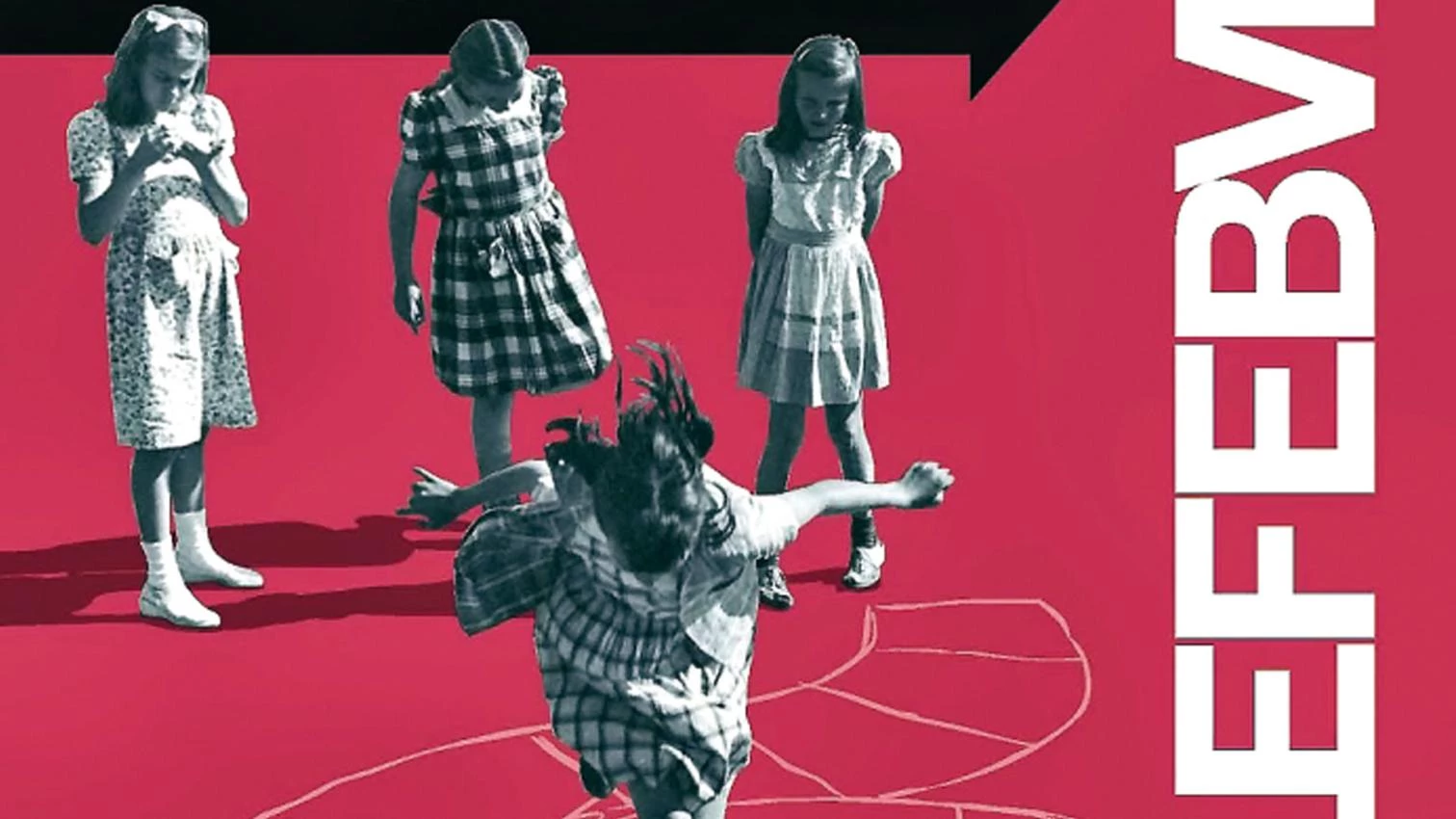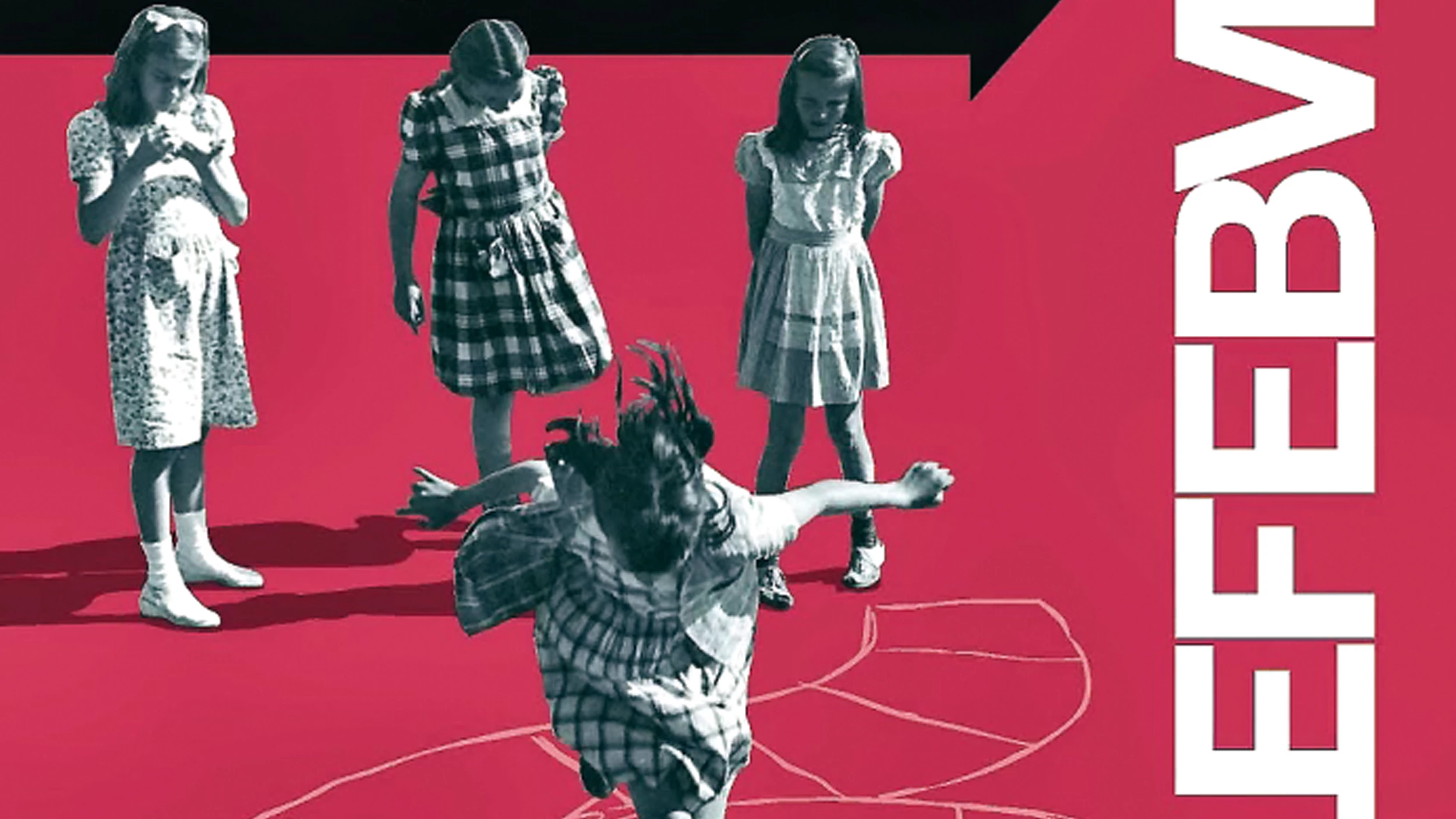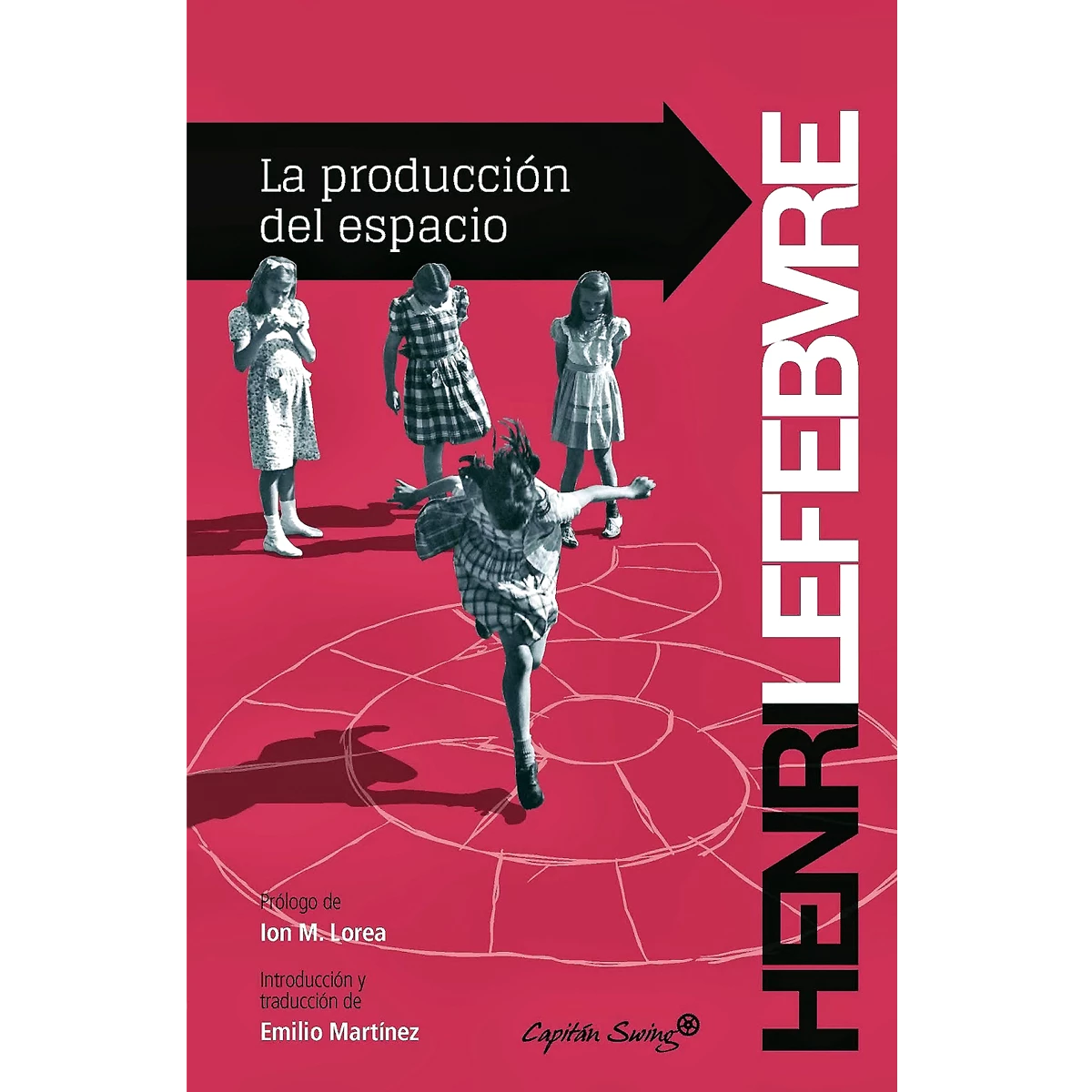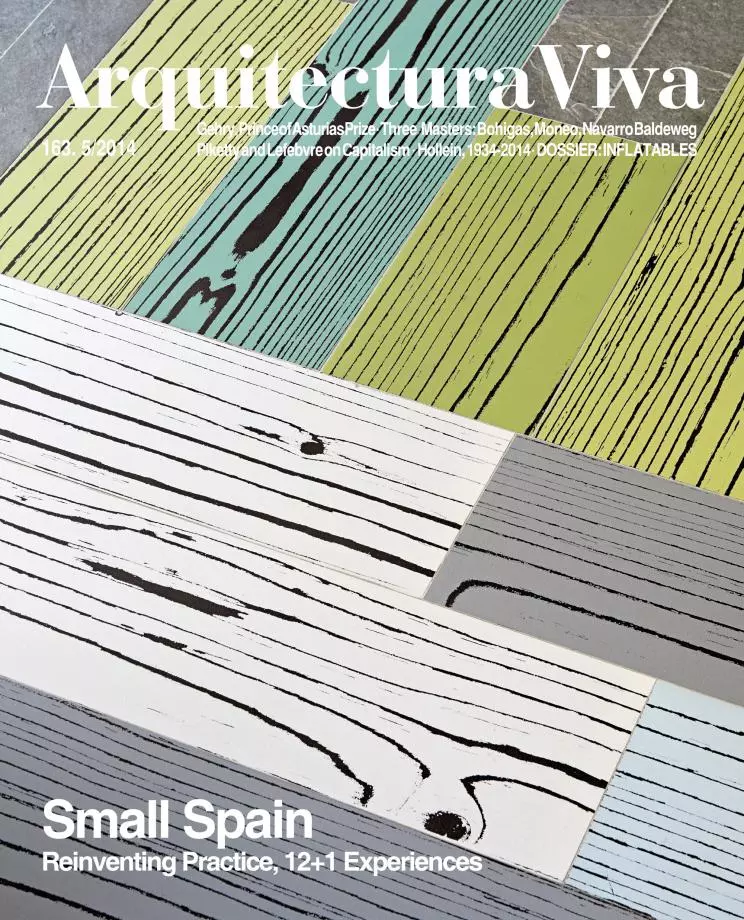
Urban space must be thought of as a primarily social phenomenon, says the Marxist philosopher Henri Lefebvre (1901–1991) in The Production of Space, a contemporary classic now translated to Spanish.
In a context where urban planning is mere technique, devoid of ideology, it is important to see that this is not so. In seven chapters Lefebvre explains why certain urban phenomena – speculation or gentrification – are not natural stages of a city’s evolution, but the product of the inertia of political-economic structures.
Here lies the validity of the thinker who is so inseparable from the May 68 movements. The urban processes of the 20th century have now reached an unprecedented stage of development thanks to an acceleration presented by powers-that-be as something unstoppable. Such a stand would be comfortable for the reader, but this book is synonymous to discomfort. Lefebvre inconveniences us through sharp critical powers, ingenuity, and crushing firmness.
As the geographer David Harvey understands it, “to claim the right to the city ... is to claim some kind of shaping power over the processes of urbanization,” over how “we make and remake our cities ... and to do so in a fundamental and radical way.” If the logic of the making of the urb can be used with evil ends, we can also claim the right to have control over these mechanisms. And we can think, like Henri Lefebvre fifty years ago, that the revolution of our age will be urban, or will not be.







